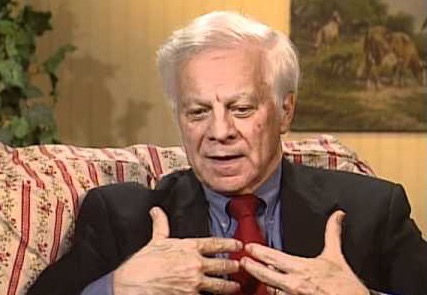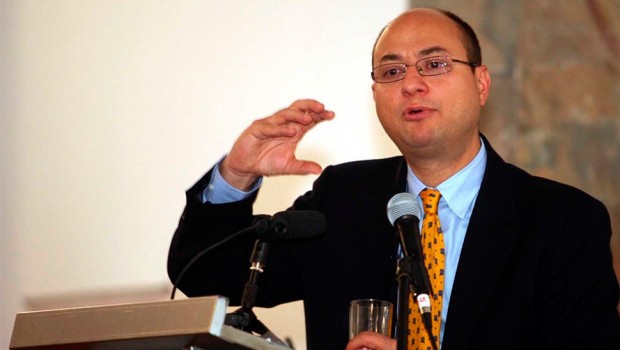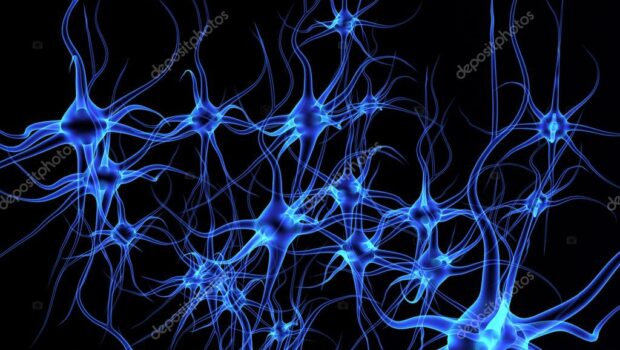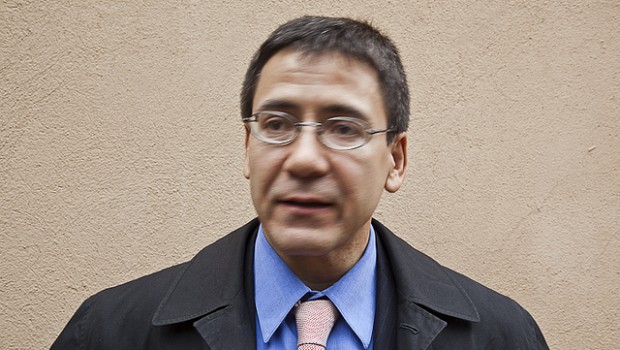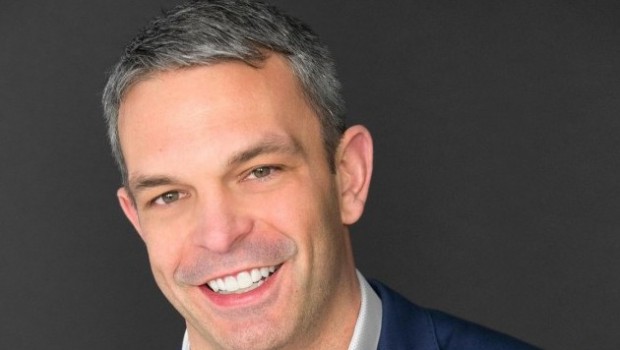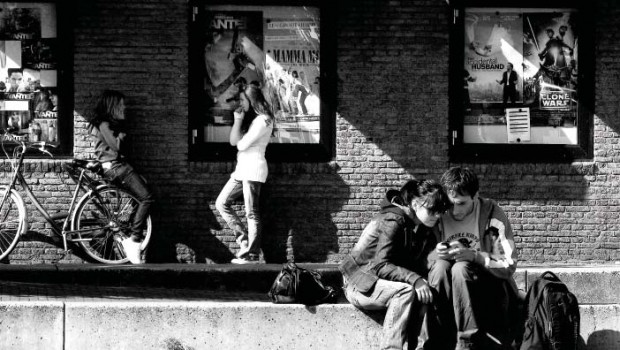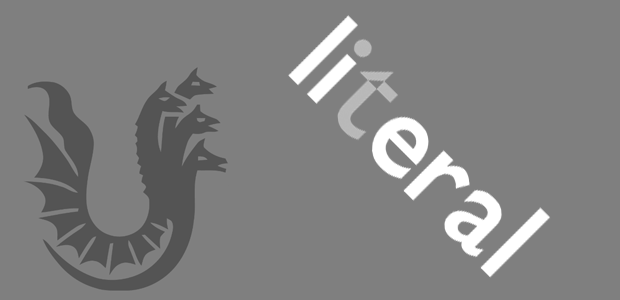Unbidden Ideas Compelling Behaviors
James Hollis
Which way I fly is hell; myself am hell
JOHN MILTON
The word addiction has become an ugly word, conjuring up ugly images: a car veering into the left lane, a person lying in the street, a shattered life. When we reflect on the two elements common to all addictions, we realize that the addictive behaviors may be found in all of us. The first idea is that addictions are reflexive anxiety management systems. Each of those words is important.
Since no human is free of anxiety, we all have our habituated means of coping with anxiety, whether the disturbing affect is conscious or not. For example, many years ago I used to allow patients to smoke in the consulting room, thinking that they had enough stress in their lives without my adding to it. However, one couple, chain smokers each, lit one cigarette after another and in a one hour session totaled twelve cigarettes; that is six apiece. I counted. The smoke and smell hung in the room for days and from then on I changed my policy. And yet, if someone had asked them, “did you smoke during the session,” both would have said, “yes, I had a cigarette.” In other words, their reflexive management of anxiety was so conditioned, so habituated that neither thought about it and how systematized it had become in their lives.
I ask the reader to stop and think on how he or she reflexively “manages” anxiety, or better, is repetitively managed by anxiety. The inner logic of an addictive pattern is that one suffers an unacceptable level of distress and, through connection with some “other,” one feels a momentary lowering of the disturbing affect. If, while reading this article, the reader’s room is filling slowly with water, and yet attention is so focused on the content that one does not attend the event consciously, the psyche nonetheless takes note and seeks to lessen the disturbance. Through experiment and exploration each of us will solicit a behavior which lowers the water level, momentarily at least. The next time this happens the more likely that earlier behavior will be repeated, whether consciously or not, and therein lies the addictive hook: the experience of momentary surcease of distress by a reflexive management system.
Connecting with the “other” serves to lower the distress occasioned by our existential isolation, vulnerability, and dependencies. For many folks the “other” is a substance: food, alcohol, purchasable material objects, a warm body. For others it is found through distractive “connections” with the telley, the internet, ideologies, compulsive prayer or mantras, and the like. For most of us, a common addictive pattern lies so much at the heart of daily life that we seldom accord its role in our psychological economy, namely, routine. Routinization is a means by which the familiar is imposed upon the uncertain. Notice how we get bent out of shape by the traffic jam at rush hour, when the paper arrives late, when our plotted schedule is interrupted. The magnitude of affect we suffer is disproportionate to the minor provocation, which is an indication of the arousal of anxiety.
The second key element of addiction is that our daily conscious life is repeatedly invaded by unbidden ideas. While these “ideas” are mostly unconscious, they have the power to stir anxiety within us. When a person clings to food, for example, he or she is in the grip of a powerful, existentially threatening idea, namely, “if I do not have this object in hand, this comfort, what will be there for me in the darkness of this journey”? When we make this thought conscious, it may appear a peculiar, even ridiculous displacement of emotion onto matter, but in the symbolic world of the unconscious the person’s psyche has moved him or her to fasten on to an object, food, with its implied nurturant hope, as a stay against the anxiety in which we daily swim.
None of what we are discussing here is new, for the record of addiction is as old as the human story. We find a notable and compelling portrait of a modern neurotic person like us in Shakespeare. The last thing we need to do is judge or shame any person for being human, for falling prey to the thousand natural shocks this flesh is heir to, as brother Hamlet put it four centuries ago. He is the same one who observed that he could be bounded in a walnut shell and count himself a king of infinite space, did he not have bad dreams. He also illustrates the “Hamlet complex” we all have: namely, there are things we know we should do, like give up an addiction, but for reasons we do not know, we do not or cannot.
What else are New Year’s resolutions for but to set off valiantly to address the problems of which we are so keenly aware, and why are we so likely to fail in our resolve. One of the reasons it is so difficult to break addictive patterns is that we are treating the refl exive behavior rather than the “idea” it was formed to treat. Since our management systems wrap themselves around our core anxieties—fear of loss of autonomy, fear of the magnitude of our journey, fear of abandonment and the like—we never get to the real issue. If ever one is to address an addiction, one has to finally address the unbidden ideas to which our psyches, and therefore our addictive strategies, are in service. These “ideas” are not shameful although the consequences of some of our management systems often produce shaming consequences for us and for those around us.
The usual treatment plan for any addiction is a summons to an heroic will. The heroic will is certainly a great asset and few of us would accomplish anything in life without it. But the heroic will is often trumped by the depth, ubiquity, and energy of those intrusive ideas. Thus, most of us fail to diet sufficiently over long enough time because our will is subverted by an inner urgency. Or we fail to begin what we believe we should do, or fail to stop doing what has proved detrimental to ourselves or others. Clearly, heroic will can only make certain headway for us, which is why dieting centers and fad diets are so profitable for the owners, and why Twelve Step groups are so ubiquitous. (By the way, I am very much in support of Twelve Step programs as they have proved more efficacious than most alternatives through the last seventy years).
If ever one is to triumph over an addiction, one is first summoned to feel more consciously what one has already been feeling, suffer what seems insufferable, and live through this experience without the reflexive management system. We never “solve” those unbidden ideas because they are an intimate part of our common human condition. We are born into perilous states and end by dying, so have a nice day! The question remains, however, to what degree is our life governed by these fears, and to what degree do our management systems own us, manage us, and with what troubling consequences.
How many of us are able to bring the core fears and anxieties into consciousness, to see and acknowledge what they are truly about, and how many of us are able to go through those fears without the treatment plan we cobbled together.
Not only do addictions bring harmful consequences to our lives, they also narrow them as one gets obsessional about our obsessional treatment plans for our obsessions. These unbidden ideas are obsessions, for they impose themselves upon us and cause distress, and compulsions as we are driven to behaviors dedicated to their prospective amelioration. But our thoughts, behaviors, lives, get oriented around these intrusive ideas and therefore narrowed. As Jungian Analyst Marion Woodman wrote, “Compulsions narrow life down until there is no living—existence perhaps, but no living.” In Greek mythology Ixion is tied to a wheel which turns continuously in the underworld. Addictions oblige us to venture into our personal underworld wherein we experience the same old, same old, as noted by the character of Satan in Paradise Lost at the beginning of this piece. As Gregory Bateson observed, the obsessional drinker believes he or she can challenge the “spirits.” The game is on, and more often the “spirits” win, so the drinker is imprisoned by that which he first sought.
This hidden spiritual desire, this need for transcendent “connection,” for “getting high,” was identified in a letter exchange between Carl Jung and Bill W. who founded A. A. Jung suggested to Bill W. that Twelve Step programs acknowledge the profound role of our spiritual hunger, our spiritual thirst. Unless the person can differentiate that quite legitimate, necessary motive from the substance upon which he or she has projected, one will remain its bewitched captive.
Freeing oneself from one’s addictive behaviors requires identifying what emotional reality or perception one is defending against through the addiction, and risk bearing what has been perceived as unbearable. Going through the fear, rather than defending against it is the only way we can stop Ixion’s wheel. It is no shame to fear abandonment, suffer boredom or depression. Until we can feel these things, really feel them, not anaesthetize them, we will remain unmotivated to change our lives.
Piercing the veil, deconstructing the mechanics of the addictive cycle, identifying the primal, unassimilated idea for which our behaviors are a failing treatment plan is necessary. Then, as free persons, adults, we find we can in fact bear the unbearable, think the unthinkable, suffer the insufferable, and be free.
– Dr. James Hollis, is a Jungian Analyst, Executive Director of Houston’s Jung Educational Center, and author, most recently of Why Good People Do Bad Things: Exploring Our Darker Selves.
Posted: April 14, 2012 at 10:51 pm


